Interview with Victor Khroul, Associate Professor, Moscow State University, Journalism Faculty, Journalist, RIA Novosti news agency, Former member of the Pontifical Council for the Laity (1996-2001).
Since the election of Pope Francis on March 13, 2013, now two years ago, has the attitude of the Moscow Patriarchate toward the Holy See changed?
Victor Khroul: It would be more precise to ask somebody from the Moscow Patriarchate itself. Publicly, Russian Orthodox hierarchs have stated that the relations were improving until the Ukrainian crisis. Recently (December 3, 2014), Patriarchate spokesman Deacon Alexander Volkov told Interfax: “We have to acknowledge once again that the line pursued by the Ukrainian Greek Catholic Church is a significant factor thwarting normal development of the relations between the Churches.” The Patriarchate’s spokesman expressed the hope that the involvement of the Greek Catholics in the political conflict in Ukraine will decrease, thereby “creating favorable conditions for maintaining a proper dialogue between the Russian Orthodox and Catholic Churches.”
So, we face once again the same obstacle — the Greek Catholics (“Uniates”) in Ukraine. They were named as an obstacle in the early 1990s, when their Church became legal again, and they caused polemics in the early 2000s, when they moved their center from Lviv to Kiev, and they are said to be causing troubles now…
Another obstacle, Catholic proselytism in Russia, seems to be forgotten by the Moscow Patriarchate (at least not mentioned publicly for a couple of years). But nobody can guarantee that it is in the past. At any moment it can be revived.
The Moscow Patriarchate’s relations with the Holy See for the last 25 years could be described in general as following a regular pattern: “freeze-thaw,” “winter-spring”: sometimes they are getting colder, sometimes warmer, but summer is still far away.
After many decades of religious persecution, the Catholic Church in Russia was in a very difficult position when it started to revive ecclesial structures in April 1991. The Church had no buildings (only two had been opened, in Moscow and Leningrad), there were no priests (fewer than 10, many working underground), and there was no literature and no mass media for evangelization and catechization.
Reviving the Church structures, Catholics in Russia for many years remembered well the words Cardinal Walter Kasper spoke in 2004 during his first visit to Moscow: “You have to sacrifice.” And they do sacrifice — obediently, with self-silencing, almost disappearing from the Russian public sphere — in order to remove at least one obstacle in Orthodox-Catholic relations, in order to bring more “spring” in ecumenical dialogue rather than “winter freeze” — for the common good and common Christian witnessing.
A Russian Catholic priest from St. Petersburg said in an interview to KAI news agency (December 18, 2014): “Our capabilities are limited here. For example, we avoid even using the word ‘evangelization.’ Sometimes it seems that we Catholics in Russia are silent witnesses. We have to wait until someone comes to the church and asks for the sacraments. We cannot act in the spirit of normal evangelization. For ecumenical reasons, we have to be limited. I do not think this is the best solution, but we live in an age when others decide for us what is good and what is not. Although I do not know if it is according to the will of God…”
Despite this sacrifice, the Moscow Patriarchate’s attitude to the Holy See at the moment is rather cold. “We need to wait until newly-inflicted wounds are healed,” the head of the Synodal Department for External Church Relations, Metropolitan Hilarion, said recently. So, no way, we have to wait, which may be difficult for those who expect rapid development and immediate breakthroughs in ecumenical relations.
Pope Francis wrote a letter to Patriarch Kirill declaring his willingness to meet with him “at any time, in any place.” Are there hopes for such a meeting? If yes, where and when could it be, and what could be the result of such a meeting? If no, why not?
Hope never dies. Recently the Roman Catholic archbishop in Moscow, Paolo Pezzi, expressed his optimism in an interview with RIA Novosti (December 25, 2014). “I think that this meeting is possible,” he said. “It is possible here, in Russia, and in Rome, and in any other city in the world.”
The Russian Orthodox are more guarded. The Patriarchate’s spokesman, Deacon Alexander Volkov, told Interfax that “the subject of a meeting between the Patriarch of Moscow and the Pope is on the agenda of the two Churches, and the Holy Patriarch highly values the balanced and genuinely Christian position of Pope Francis on many problems faced by present-day society.” And he added that “the Moscow Patriarchate is still not ruling out the possibility of Patriarch Kirill of Moscow and All Russia meeting with Pope Francis.”
For the past two decades, the differences in Catholic and Orthodox approaches to the meeting are becoming more and more visible. Popes — St. John Paul II, Benedict XVI and Francis — keep saying “any time, any place,” “no preliminary conditions.” Patriarchs — Alexy II, Kirill — reply with problems to solve and obstacles to overcome, otherwise the meeting is impossible.
The Catholic approach is to meet, to discuss the problems and hot issues in order to solve them. The Orthodox approach presumes that the meeting must become a visible sign of the success in negotiations. Therefore, all previous attempts to arrange such a meeting (in Austria, Hungary and other places) failed because of the “approach scissors”: the Catholic side never fit into Orthodox demands, never managed to solve all the problems before the meeting.
When I was a member of the Pontifical Council for the Laity, I had the great privilege to be received by His Holiness John Paul II. He lived with a hope to visit Russia and to meet the Patriarch of Moscow. But the problems had not been solved before his death — and nobody can predict when they will be solved. The situation in the public sphere is very predictable: millions of people are expecting the Pope and Patriarch to meet, with great hope. Journalists feel this public interest and constantly — at any Catholic-Orthodox event or press conference — ask the same question about the possibility of the meeting, about its place and time. Both media people and the audience tend to overestimate the answers (if the Pope says “I am ready” it is said to mean that a meeting is very near) and then the Orthodox side has to make clarifications: “not so near,” “we still have obstacles,” etc.
Journalists permanently keep the question “overheated.” Its temperature is much higher that the question deserves. Yes, the confirmation of the historic Pope-Patriarch meeting would be breaking news, no doubt. The event, I am sure, will catalyze, will boost Catholic-Orthodox relations in defending Christianity all over the world. But I am also convinced that the development of “grassroots” cooperation between Catholic and Orthodox structures — parishes, communities, universities, media, charitable organizations, chaplaincies, etc. — would be more fruitful for us “to be one” than the historic meeting of our leaders.
Therefore I do not support “media hysteria” around the meeting and call on my colleagues —journalists — to pay more attention to the everyday life of Catholics and Orthodox which is underexposed…
How does the situation in Ukraine affect the relations between the Moscow Patriarchate and the Holy See? Could the Churches serve as peacemakers or “honest brokers” between the political leaders of Moscow, Kiev and Washington, in this situation?
The situation in Ukraine has heavily affected the relations between the Moscow Patriarchate and the Holy See. Accusations of the Russian Orthodox Church towards the Ukrainian Greek-Catholic Church have been published many times; there is no need to repeat them here. Pope Francis received Metropolitan Hilarion in October 2014 and they discussed the situation in Ukraine. So, the Pope has first-hand information.
Churches not only can but must be peacemakers or “honest brokers,” as you said, following the Gospel and the words of Christ: “Blessed are the peacemakers.” Sadly, common Christian initiatives against war in Ukraine are less known than mutual accusations — much more attractive for the media.
Would a greater openness in the attitude of the Patriarchate of Moscow toward the Roman Catholic Church help break the political isolation of Putin’s Russia? Would this be a good thing?
I am not a politician, therefore it is not comfortable for me to think in political terms. I consider openness to be a very necessary condition for any dialogue — if there is a will to conduct it. So openness is good despite any circumstances, political as well. Russian politicians can break the isolation if they have the will to do it. But the involvement of the Church in political processes as a tool for breaking the isolation does not seem to me a good idea. The Church — whether Orthodox or Catholic— should never be a tool despite all the attempts of politicians to make the Church a political servant.



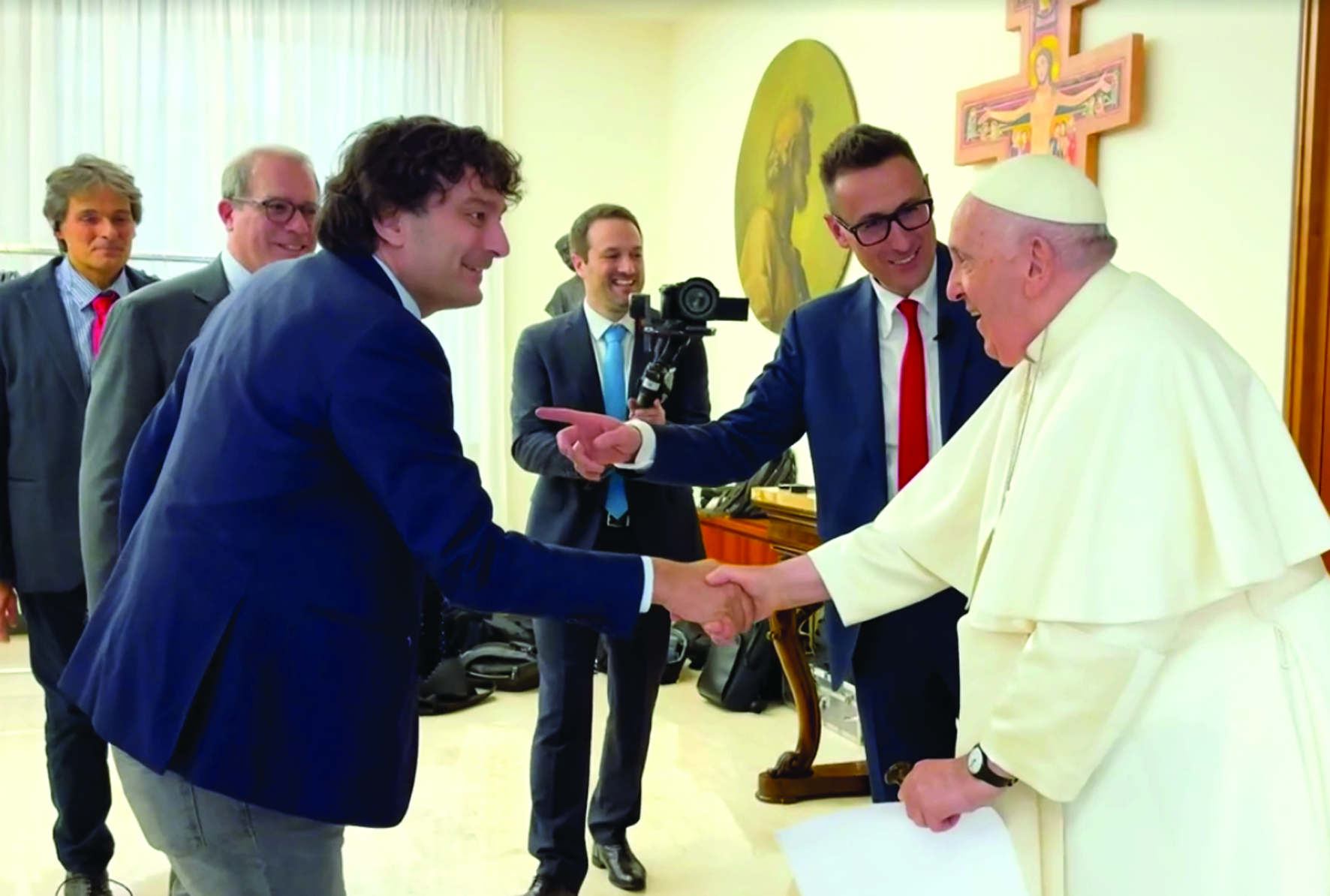
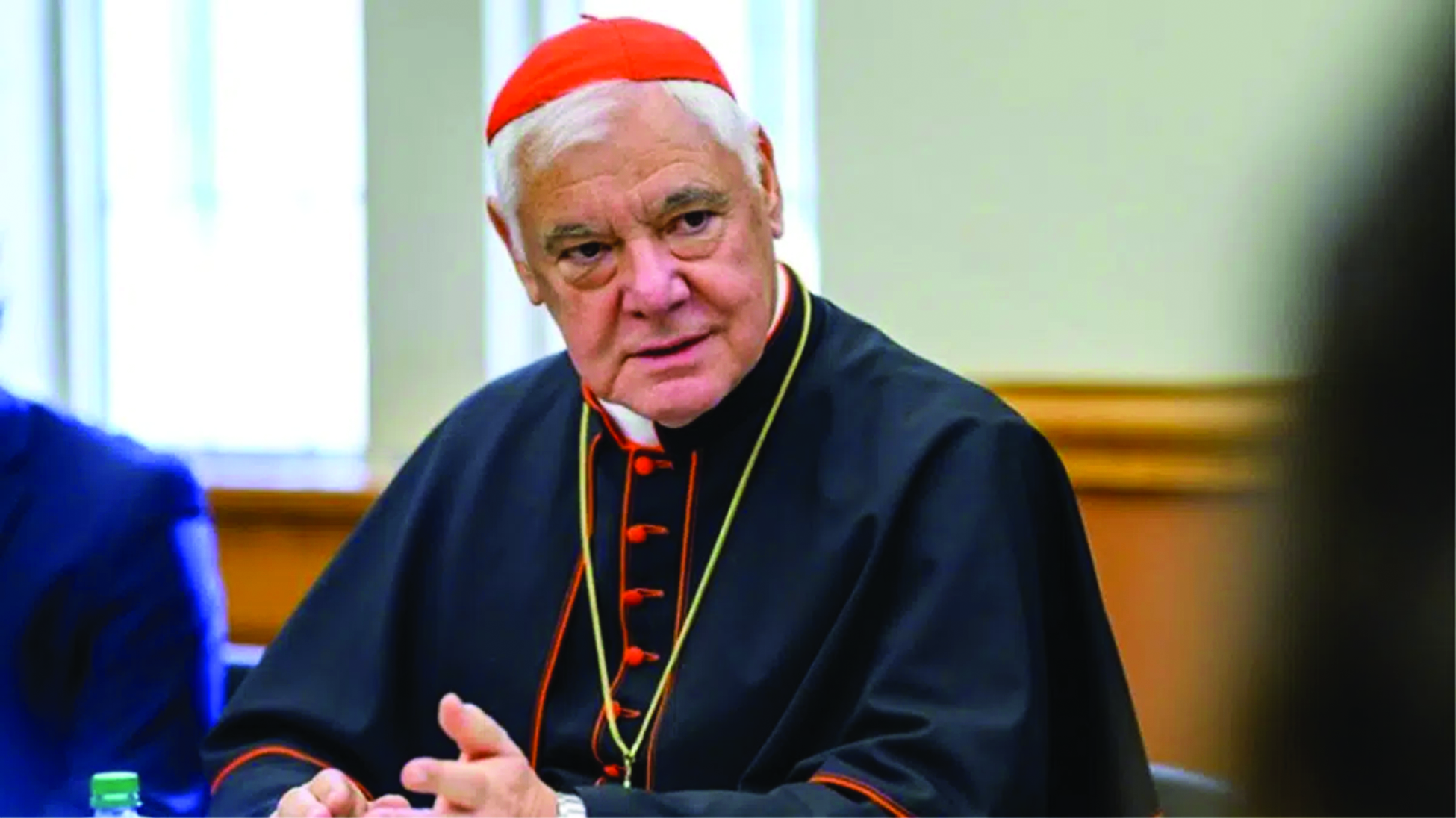
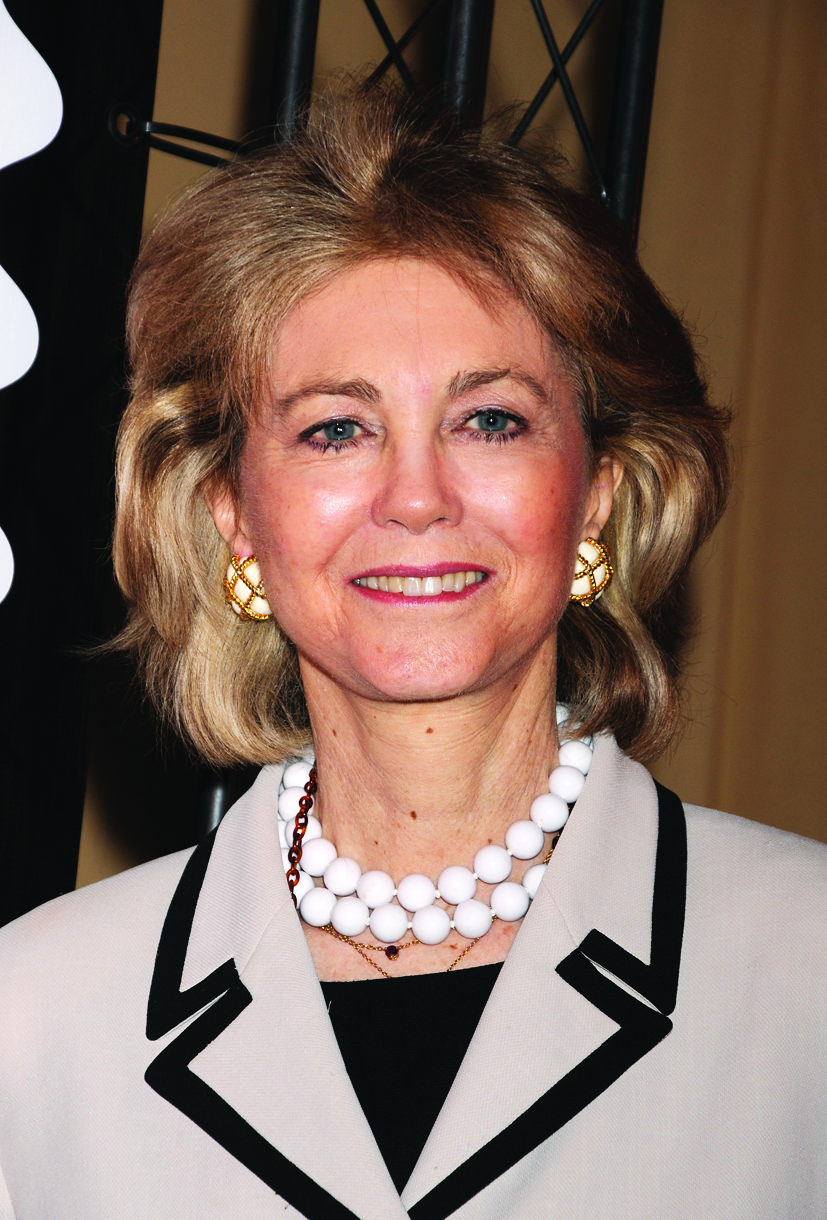
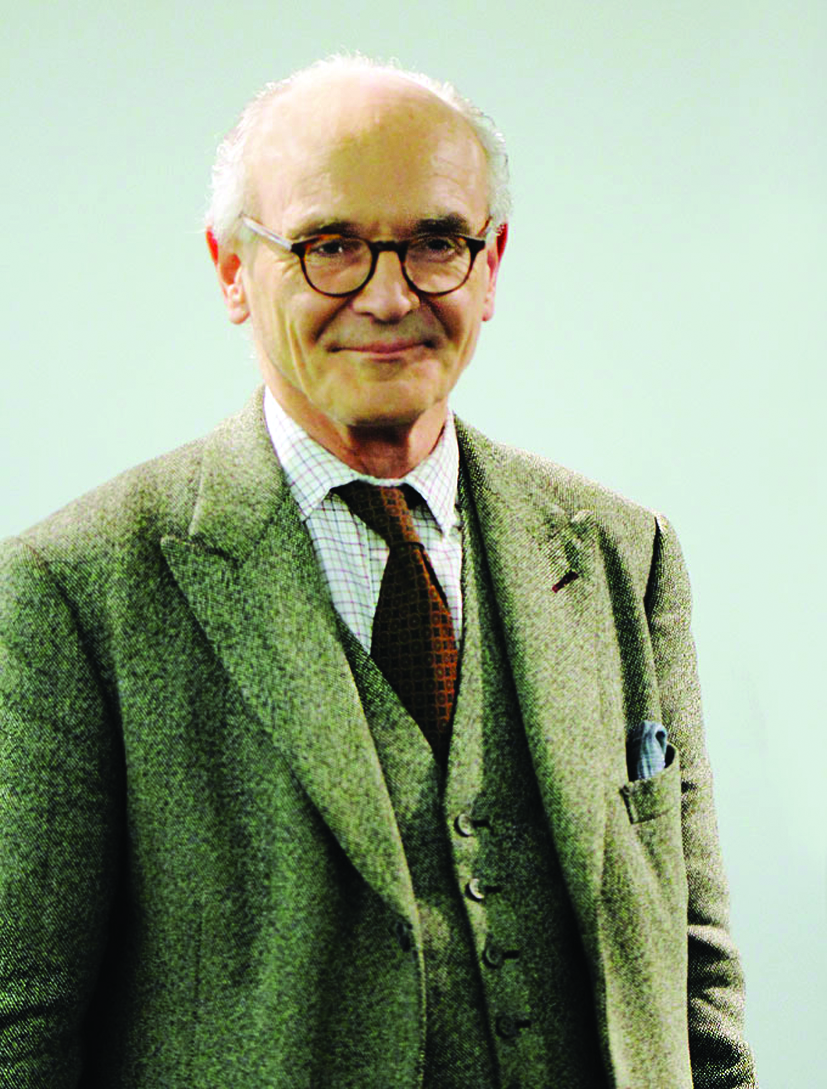
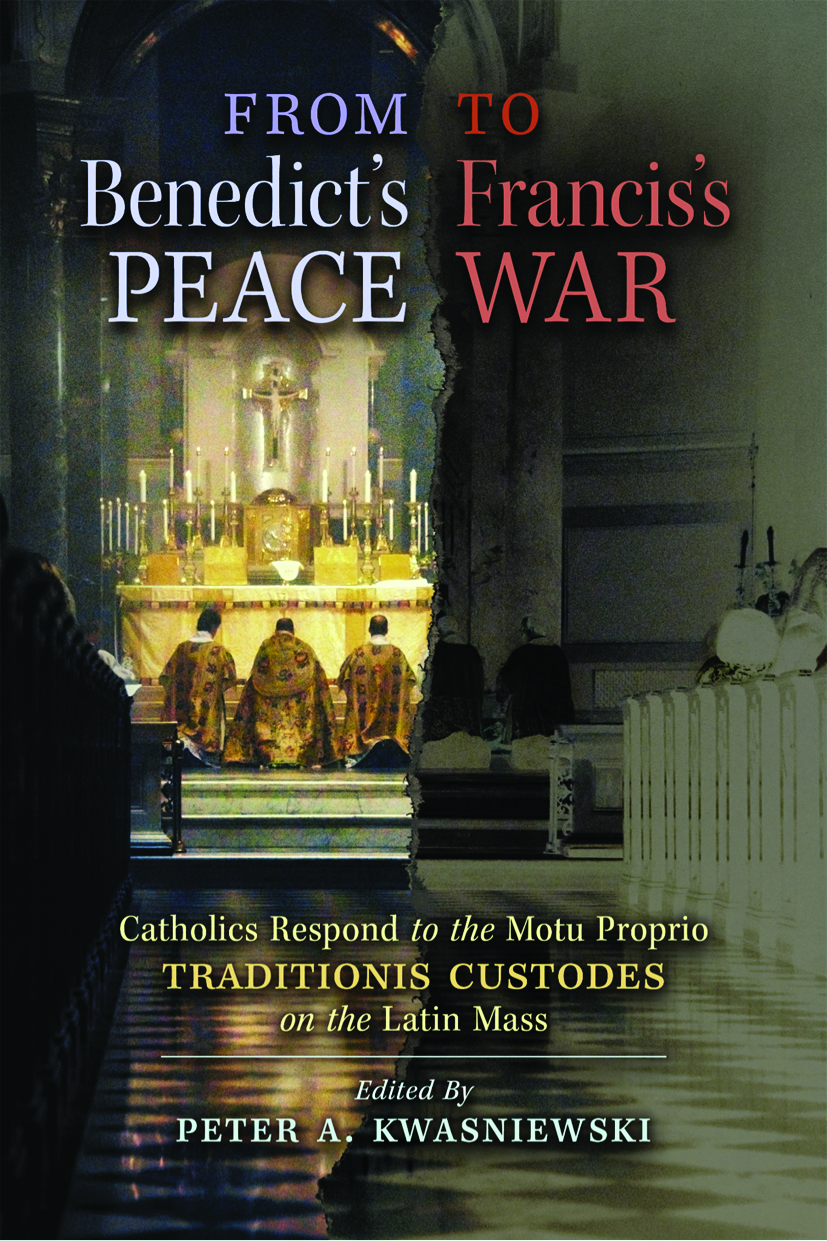
Facebook Comments